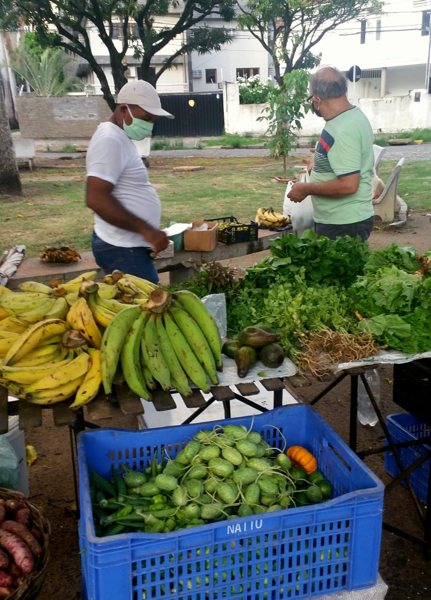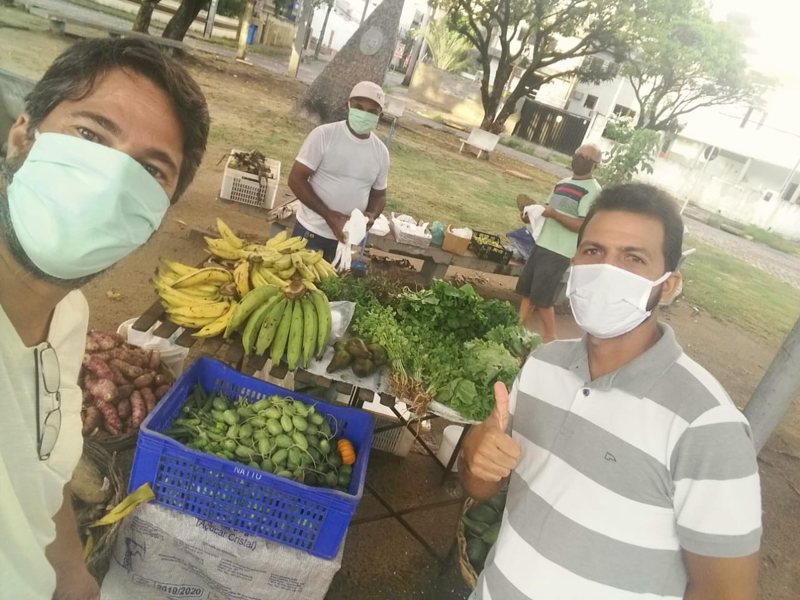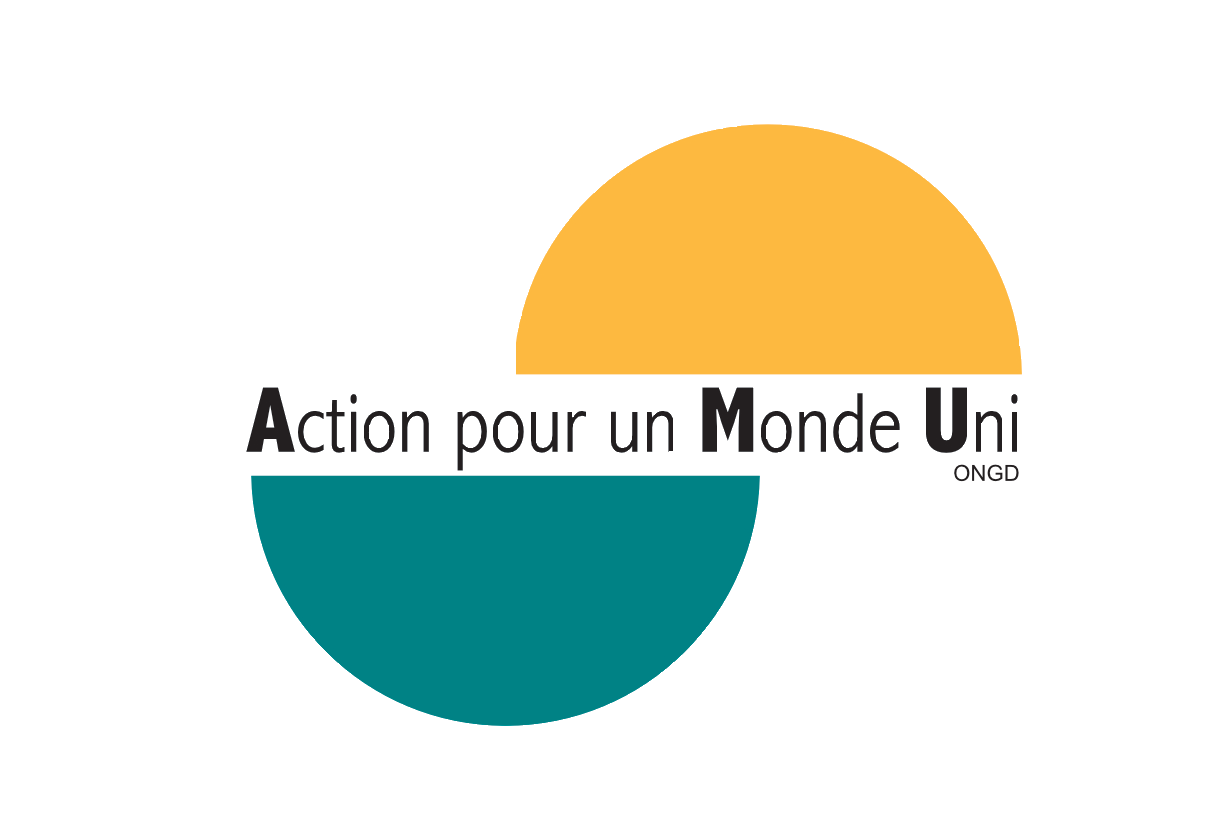30.10.2020 Plácido Junior and Renata Albuquerque, Pastoral Agent of the NE2 Pastoral Land Commission.
Brazil has been one of the countries most affected by the new coronavirus pandemic in the world. According to figures from the Ministry of Health, the country has over five million people infected and over 150,000 deaths from the disease, placing it in the fourth position of highest per capita contamination on the planet. Government measures to confront Covid-19 have unfortunately not helped to alleviate the damage to the health of the Brazilian population in the face of the pandemic. For four months - from June to September - the Ministry of Health was without a minister, which damaged the dialogue with society and revealed the contempt with which the issue of combating the coronavirus was treated by the government.
The impacts of the pandemic have worsened the economic and labor crisis in Brazil, mainly affecting the most impoverished working class. According to data from the Brazilian Institute of Geography and Statistics (IBGE), the unemployment rate reached 14.3% in August. Last year, the average unemployment rate in the country was 11.9%, according to data from the Institute. Instead of implementing measures to combat Brazil's social crisis, the Brazilian government announced a halving of emergency aid to the country's low-income population. The amount of the aid is now R$300 (US$300.00) per month, which is less than the value of a basic food basket that costs an average of R$400 (US$400.00), according to the Department of Statistics and Socioeconomic Studies (DIEESE).
Such measures aggravate the injustices and social inequalities that already exist in Brazil and reduce the population's purchasing capacity, even for basic and fundamental items of life, such as food. Families accompanied by the CPT say they already feel that less food from peasant agriculture is being purchased. Thus, they are facing the difficulty of selling all their products, leaving them with huge economic challenges. The cycle of inequality and impoverishment is thus gaining new momentum in the country.
To meet the challenge, some experiences gain prominence. Among them, there is international solidarity which allows us to purchase part of the food produced in the North Forest of Pernambuco, and to distribute it to low-income and street populations. This gesture has been made by the Luxembourg organization, a friend and partner of CPT, AMU - Action pour un Monde Uni. Some peasant families in the region have also resorted to the use of technology, commercializing their products through the internet, even with all the challenges and limitations of connection found in the rural area. Moreover, the practice of short circuit marketing gains even more strength in these times, with the sale or exchange of food between members of the same community or between neighboring communities. Gestures of solidarity, community organization and a lot of healthy food production are some of the ingredients that are helping farming families in Mata Norte to get through this pandemic.


